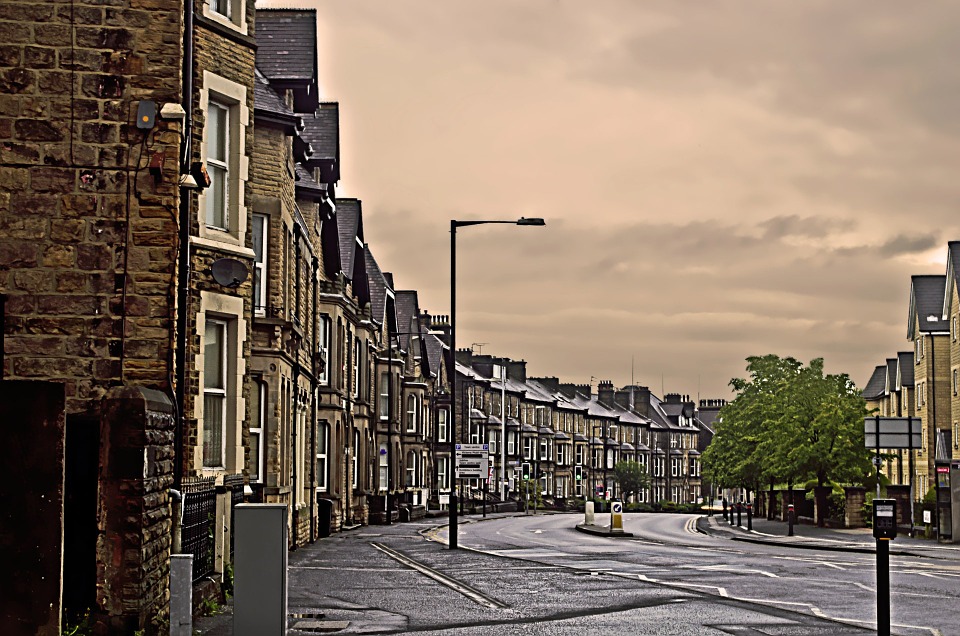England: Number of households facing homelessness reaches record high

The number of households facing homelessness in England is the highest since records began, according to new UK Government figures.
Between January and March 2024, 86,520 households approached their local council for homelessness assistance and were deemed eligible for support. This represented an increase of 6% on the same quarter last year, and the highest since 2018 when the Homelessness Reduction Act was introduced and official figures started to be recorded.
The figures also revealed that 94,560 households received an initial assessment and sought help from their council – up by 11% since the same period last year. Of these households, 86,520 were accepted by councils as being owed a duty of support – up by 6% from the same period January – March 2023. These figures highlight how rising living costs and a lack of affordable housing are pushing more and more people to the brink.
There were 117,450 households in temporary accommodation on 31 March 2024, a 12% increase from 31 March 2023. Households in temporary accommodation with children increased by 15% to 74,530.
With councils drastically running out of suitable emergency accommodation, 17,750 households were placed in bed and breakfasts, this has increased by 30% on same period last year. This included 5,550 households with children – a 44% rise from January to March 2023.
National homelessness charity Crisis warned the new figures show the pressing situation the government is facing and throw into sharp focus the urgent need to get a grip on this crisis.
In recent weeks the government has announced a series of measures aimed at increasing social housebuilding and reforms to the planning process. While these are important and positive steps, Crisis is calling on the Westminster government to establish a new unit for ending homelessness, backed by the prime minister.
This, it said, would enable the government to deliver on its manifesto promise of creating a cross-government strategy for ending homelessness and ensure steps are taken to bring these numbers down.
Matt Downie, chief executive at Crisis, said: “These figures show the current approach to tackling homelessness has failed.
“Rising rents, increasing living costs and a lack of affordable housing means that thousands of children are now being forced to call a damp and mouldy B&B a home. This is shameful. No child should have to watch their meals being warmed up on a radiator or grow up not knowing what it feels like to have their own room.
“We are at a crossroads and unless we take a different course of action, we risk seeing the homelessness system completely collapse. That is why we’re calling on the government to increase council funding in the immediate term, so that those needing support have a safe place to stay now. Going forward, alongside the positive steps to build more social housing we need a unit for ending homelessness to be established at the heart of government. Only this action will put us on a path to ensuring that everyone has the security of a safe home.”
The Joseph Rowntree Foundation (JRF) said the latest statistics show an urgent need for a promised cross-government strategy to end homelessness.
Peter Matejic, chief analyst at JRF, said: “These statistics show how important it is that the government fulfils its manifesto promise for a cross-government strategy to end homelessness.
“Not having a safe and secure home is really damaging to people’s health and wellbeing, limiting their options and opportunities. Rising homelessness also impacts our public services. Teachers and GPs across the country are spending more of their time and resources dealing with the consequences of high levels of hardship, including more children living in unsuitable temporary accommodation.
“Families at the sharpest end of this national crisis need to see action now. We must get back on track to ending homelessness so that everyone can have a solid foundation on which to build their lives.”









